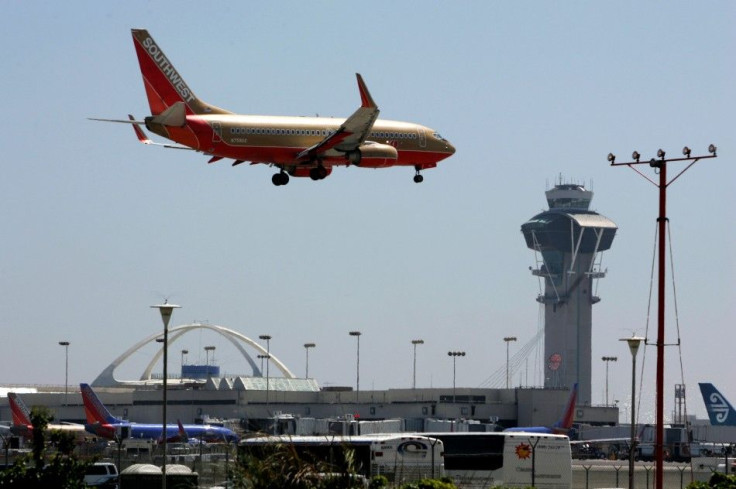Airlines Forced to Eat Jet Fuel Price Hikes, Again

Less than three days after U.S. airlines raised fares for the third time this year, the air travel providers are rolling back those increases, market trackers say. The roll-backs -- which force airlines to absorb most of the recent jet fuel cost increases -- result from major industry player Southwest Airlines' unwillingness to follow peers in hiking ticket prices.
The increase in fare prices are coming mainly as a result of the recent run-up in jet fuel prices which, in turn, reflects the spike in global petroleum futures quotes. Since December of last year, spot prices on jet fuel for New York delivery have risen 16 percent to $140.34 per barrel, according to Platts, the energy and metals information arm of McGraw-Hill.
The fact airlines are balking at the most recent price hike is a reflection of Southwest Airlines' power in determining the U.S. price landscape. Earlier in the month, the carrier, which is the largest in the United States by volume of passengers, instituted price increases that were followed by other competitors like Delta, United, American and U.S. Airways.
This time around, it was the full-price airlines that attempted the price hikes, at first over routes that Southwest does not cover, and then on most schedules, jacking prices on tickets from $4 to $10. But the low-cost airlines did not follow suit -- JetBlue actually slashed average ticket prices this week -- according to USA Today.
Despite this month's failed airfare price hikes, passengers should only see the development as a temporary reprieve.
It is pretty clear airlines will continue to try to recoup fuel increases regularly this year, with passengers telling carriers exactly when the price of middle seats has stepped over the line, said Rick Seaney, CEO of FareCompare.com, which tracks airline fares, told The Associated Press earlier this month.
This month's back-and-forth over airfare prices, has become an industry norm. Last year, airliners raised fares nine times. But on another 13 occasions, they rolled back previous fare increases, mostly when Southwest Airlines refused to go along.
The back-and-forth fare dynamic is only one of the many turbulent aspects in the much battered airline industry, where one of the major players is currently in bankruptcy court and most others constantly face pressures from rising energy costs and emboldened labor unions. On Tuesday, an industry trade group noted the major U.S. airlines had booked profits of $390 million in 2011, a margin of 0.5 percent of total revenue, after having lost over $50 billion in the preceding 10 years.
Those meager returns have been a bane to investors.
Trading airline stocks may be hazardous to your wealth. Over the long term, a diversified portfolio of airline stocks has reliably underperformed broader market averages, Kevin Crissey, an equity research analyst for Swiss investment bank UBS, who follows the sector, wrote in a recent note to clients.
© Copyright IBTimes 2024. All rights reserved.











